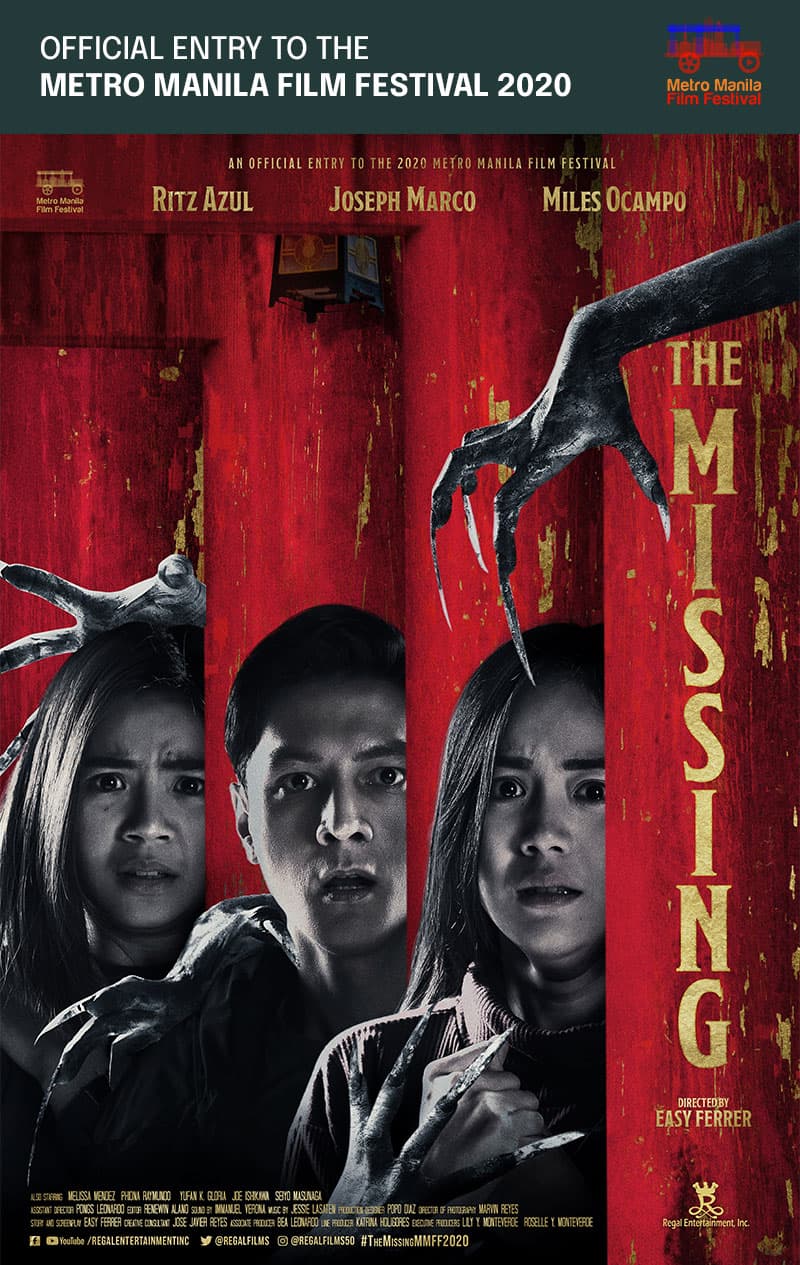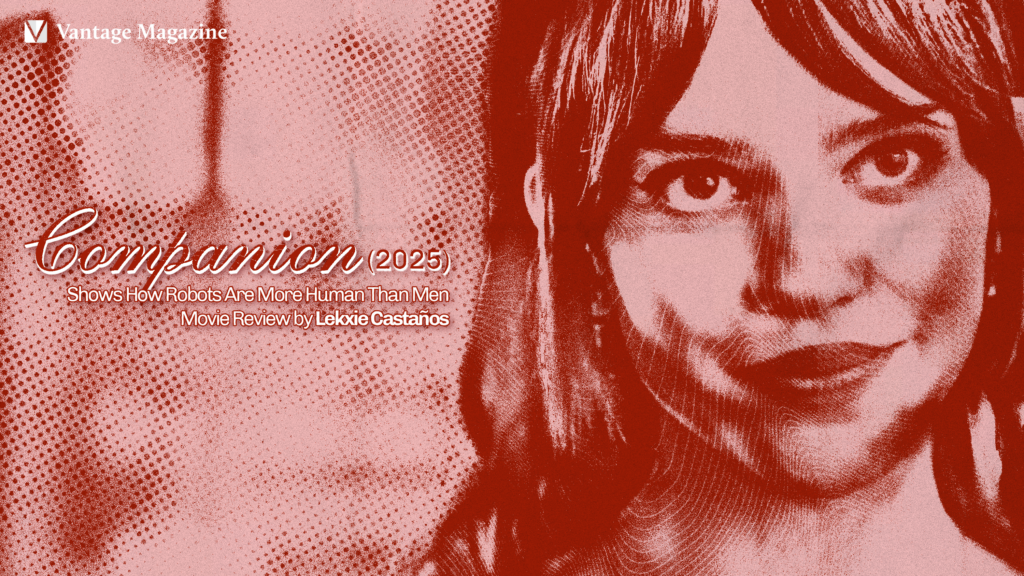It might be too much for us non-cinephiles to demand a well-executed horror film. But with an eerie trailer reminiscent of cult classics like Ring (1998) and Ju-On: The Grudge (2002), The Missing raises expectations as a Filipino take on traditional Japanese ghost stories or kaidan. Despite its potential, director Easy Ferrer’s piece falls flat in its endeavor of living up to movies within the same genre.
Enter Iris Valerio (Ritz Azul), an architect who specializes in restoring East Asian structures. She suffers from post-traumatic stress disorder (PTSD), a result of witnessing her younger sister being kidnapped years back. One day, her ex-boyfriend Job Arca (Joseph Marco) seeks her out. Apparently, their former professor Riku Watanabe (Joe Ishikawa) is paying a hefty sum to restore his ancestral home—and he thinks Iris is perfect for the job. They travel to his place in Karatsu, Japan, where Iris has several uncanny encounters that make her question her sanity.
Tired tropes aside, the slow and subtle buildup of this film should be praised. The peace and harmony of a prosaic Japan is broken by staccato moments of quasi-Sadako scares, if you choose to ignore the chalky Joker-esque ghoul makeup. Other than that, The Missing—in all its quiet, creepy glory—does a good job of replicating the bizarre twists of other East Asian horror movies.
But The Missing balks with its disoriented storytelling. Sure, the film is full of visual cinematography, thanks to the picturesque Saga prefecture. Underlying currents of Japanese culture also serve as a rich landscape for curses rooted in ancient folklore. Much like how Iris’ normal life is marred by visions of spirits, the initially aesthetic, well-paced film is disfigured with logical blips, random rhetorics, and rushed character dialogue. Whatever happened to “Show, don’t tell?”
With a muddled script, The Missing’s actors deserve much credit. There’s Azul, who as Iris effortlessly forces a smile despite being haunted by her past. Marco’s role as the charming skeptic Job is multifaceted as well: Is his dismissal of Iris’ claims as PTSD-induced hallucinations well-meaning, or is there something more sinister behind it? Child actor Seiyo Masunaga, who plays Watanabe’s grandson Aki, is a scene stealer; his innocence lends an extra dimension of eeriness to the story. His MMFF award as Best Child Performer is well-deserved. Nevertheless, those stellar performances are not enough to save The Missing from a plot as disjointed as its ghostly hitobashira.
Here’s a piece of advice if you’re dead-set on watching The Missing: Suspend all disbelief. Not because it’s a horror film that delves into traditional Japanese folklore, but because its flow simply makes no sense. After all, a good story is rooted in its coherence and character motives. While The Missing provides neither, it’s still a good enough fare if you’re looking for a late-night scare.






